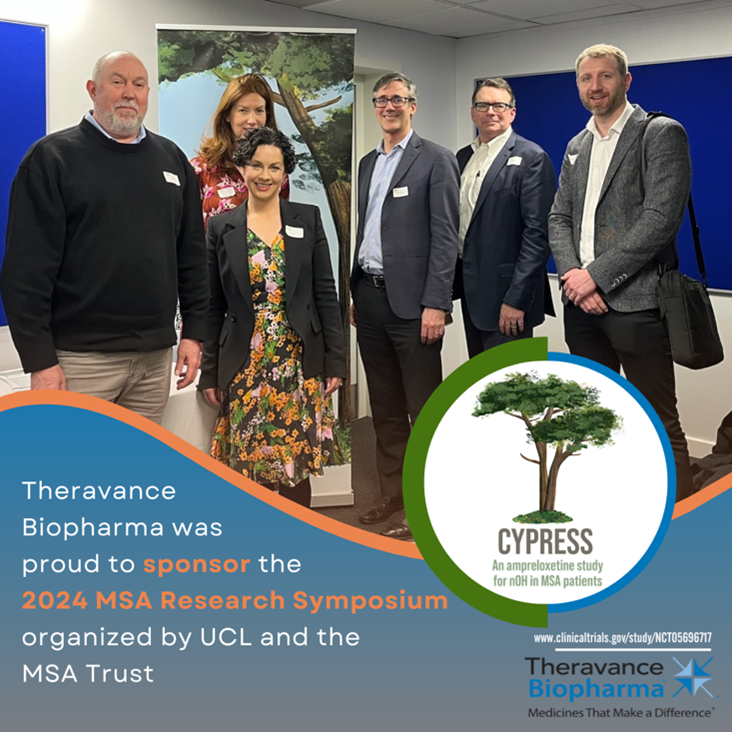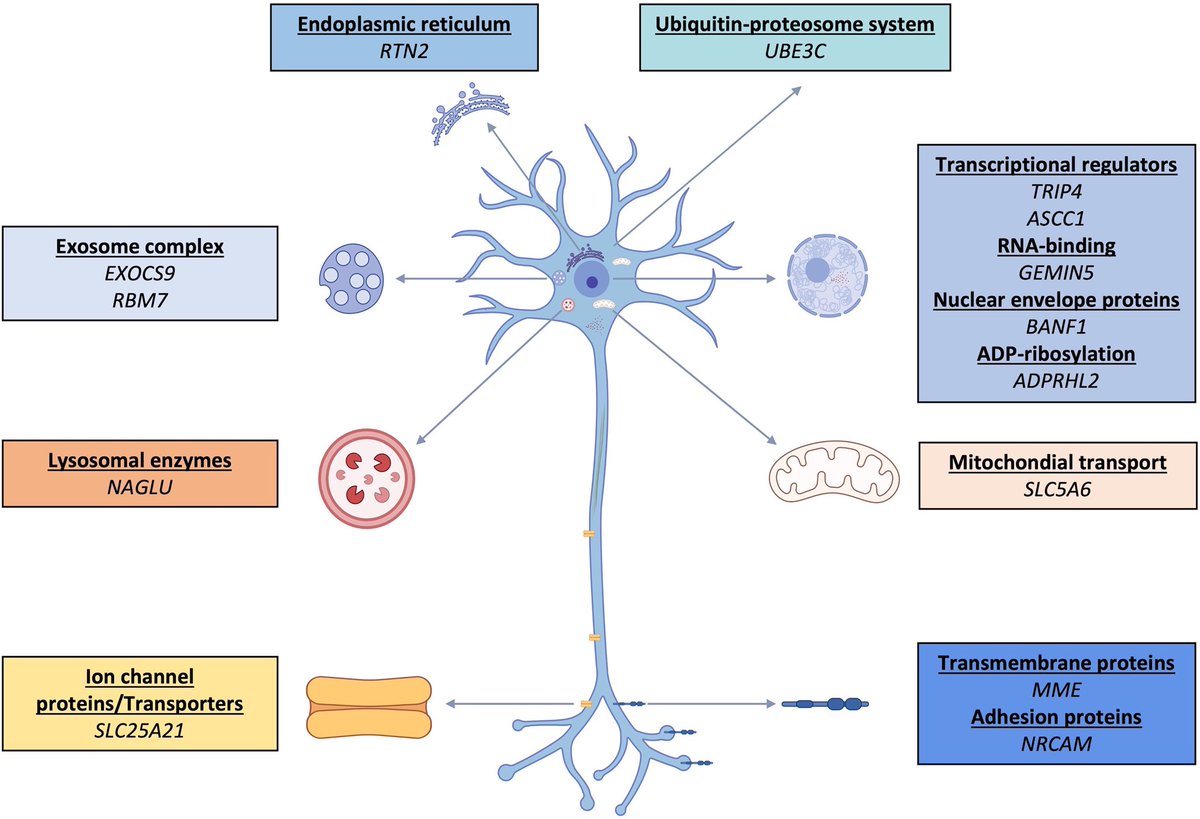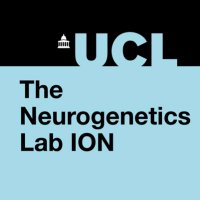
The Neurogenetics Lab ION
@IonSynapse
The Neurogenetics lab @UCLION led by Professor Henry Houlden is dedicated to discovering new genes and disease mechanisms linked to neurological disorders
ID:4566845129
http://neurogenetics.co.uk/ 22-12-2015 10:40:45
279 Tweets
864 Followers
668 Following
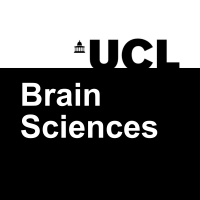
This #WorldParkinsonsDay , a new study led by Emil Gustavsson Emil Gustavsson (@UCLIoN UCL Great Ormond Street Institute of Child Health), published in The Lancet Neurology, has uncovered a newly identified genetic mutation associated with Parkinson’s disease.
Find out more ⬇️ bit.ly/3JbvLlQ
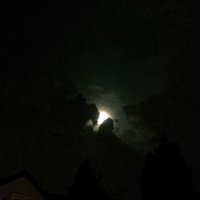
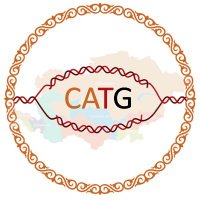
Initiated by a Central Asian family with four members affected by CA8-related disorders, this study has expanded our understanding of CA8-RD, shedding light on its clinical and molecular spectrum UCL Brain Sciences UCL Global Engagement UCL Research MDS

Our study redefines CA8-related disorder as an autosomal-recessive cerebellar ataxia with neurodevelopmental features, challenging previous classification as CAMRQ3. Comprehensive analysis unveils clinical presentations & spectrum. UCL Brain Sciences UCL Queen Square Institute of Neurology …mentdisorders.onlinelibrary.wiley.com/doi/10.1002/md…
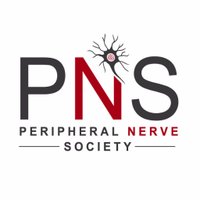
Get advice from senior peripheral nerve clinicians and researchers during our Lunch with the Experts roundtable sessions – only at #PNS2024 .✨ Designed for junior investigators. For more: loom.ly/wqUcVtI
#PNSociety1 #LunchwithExperts #CareerDevelopment
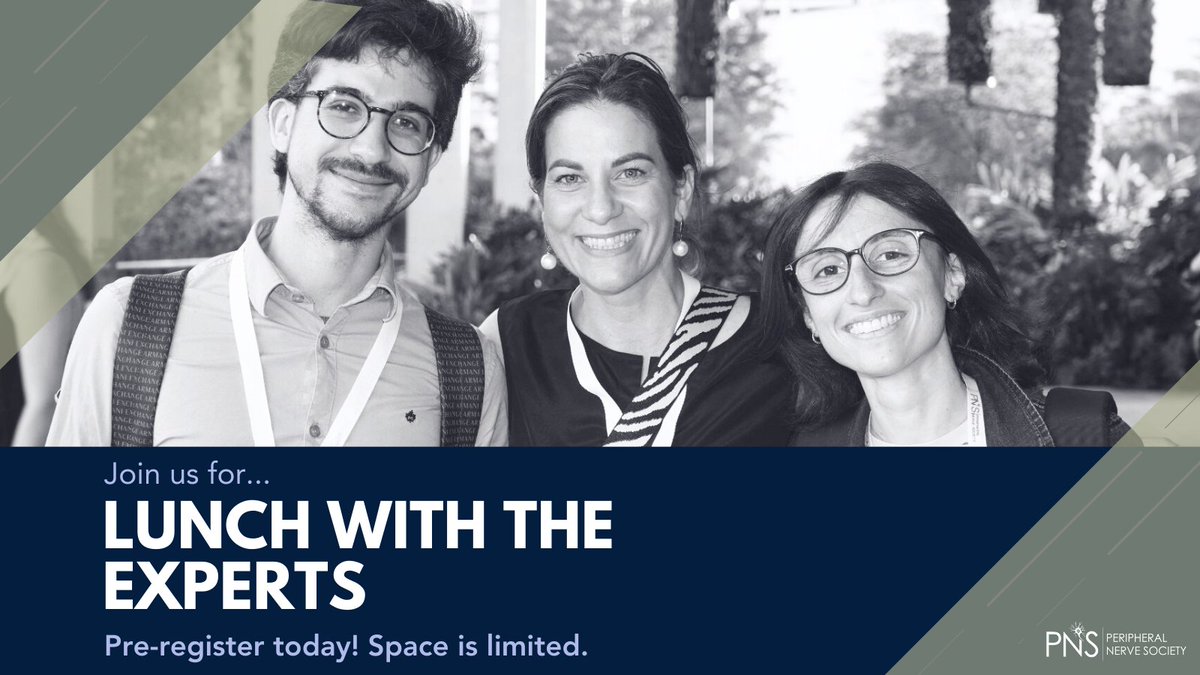
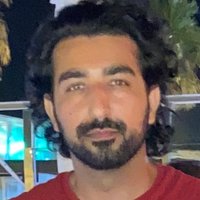
We've characterised a distinct autosomal recessive childhood-onset distal motor neuropathy with lower limb spasticity linked to biallelic loss-of-function RTN2 variants, showing similarities with SIGMAR1-related dHMN and Silver-like syndromes. #dHMNs #MND UCL Brain Sciences UCL Queen Square Institute of Neurology


Our preprints with The Lancet unveil biallelic NOTCH3 variants: truncating ones cause neurodevelopmental disorder, while cysteine missense resemble CADASIL. Missense carriers exhibit CADASIL; truncating carriers are mostly asymptomatic unless affecting last exon, leading to LMS.
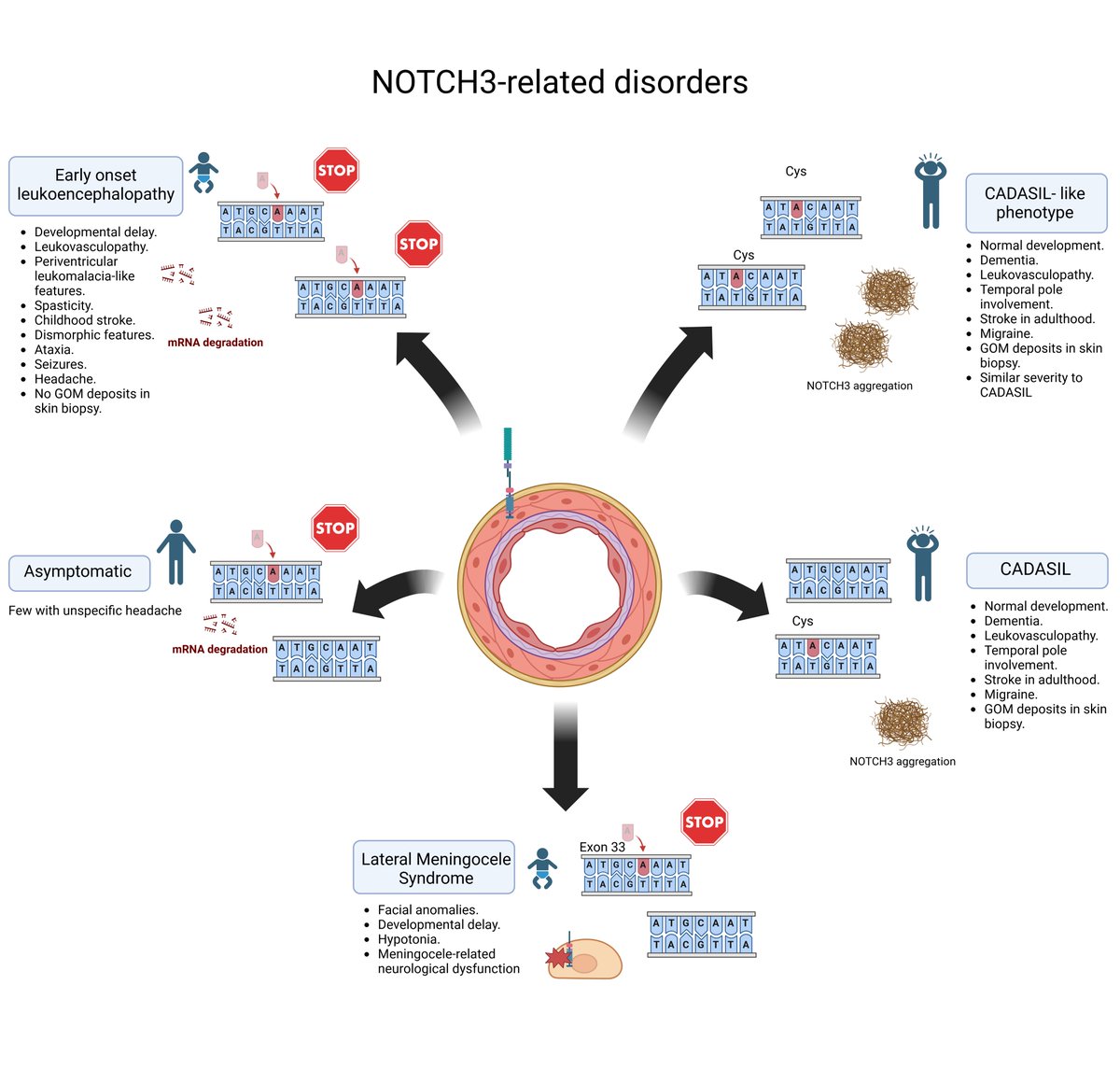
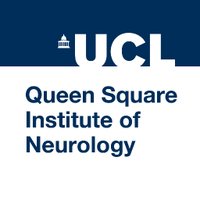
The Neurogenetics Lab ION study co-led by Stephanie Efthymiou, PhD AFHEA🇨🇾🇬🇧 uncovers crucial insights in Ultra-Rare Genetic Syndrome Tied to Potassium Channel Dysfunction ucl.ac.uk/ion/news/2024/…
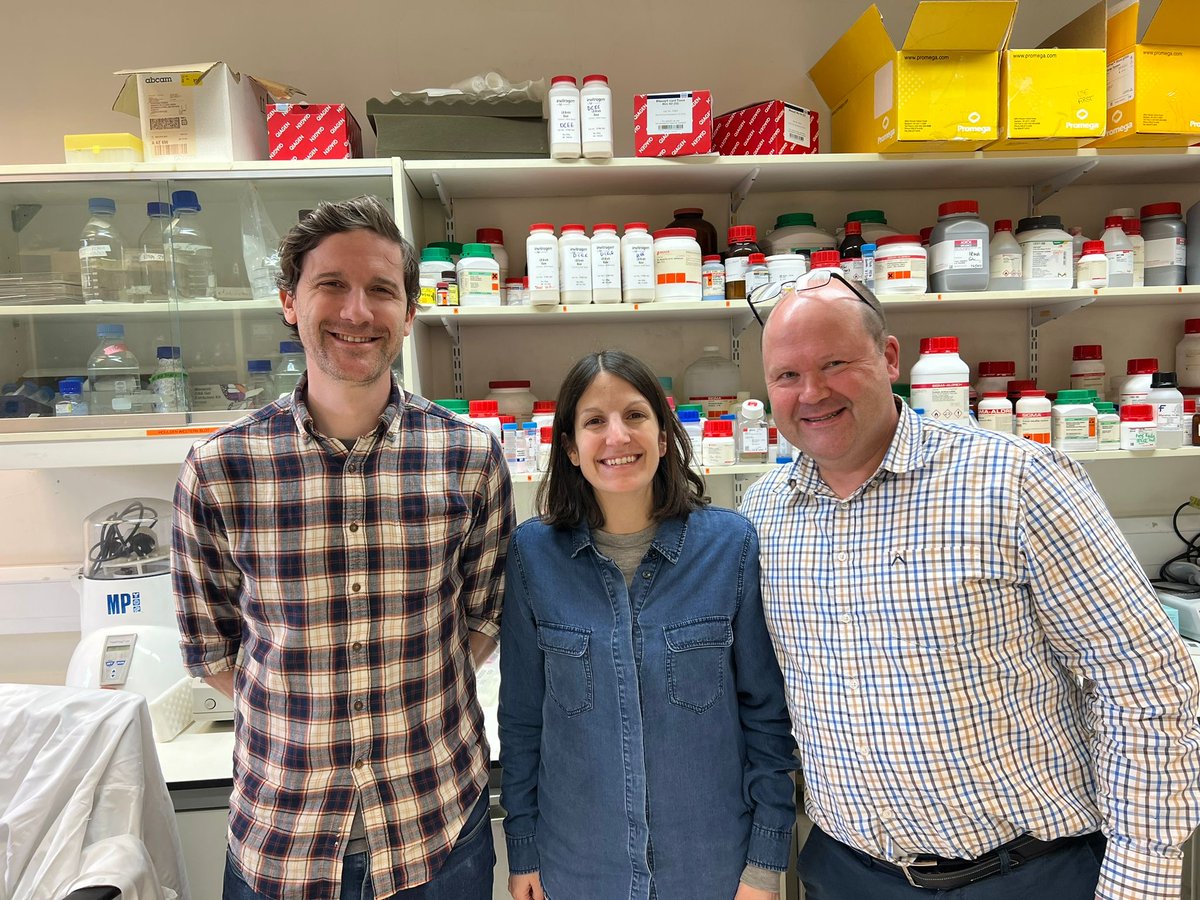

A global collaborative study led Dr Viorica Chelban and Prof Henry Houlden The Neurogenetics Lab ION UCL Queen Square Institute of Neurology identifies a new gene linked to a rare neurological condition called Primary Familial Brain Calcification.
Find out more ⬇️ bit.ly/3IAh9fq
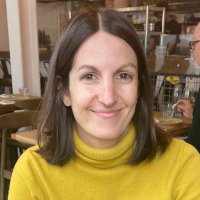
It was lovely catching up in person with collaborator Conor McClenaghan from Rutgers University–New Brunswick and listening all about his research on Cantu as well as AIMS syndrome which we published about last month The Neurogenetics Lab ION 🧬


From UCL Brain Sciences, with the support of a global team, I am thrilled to share our new disease-gene linked to Primary Familial Brain Calcification in Nature Communications. Read here how #NAA60 variants make the brain turn into calcified lumps disq.us/t/4nd64gp UCL The Neurogenetics Lab ION
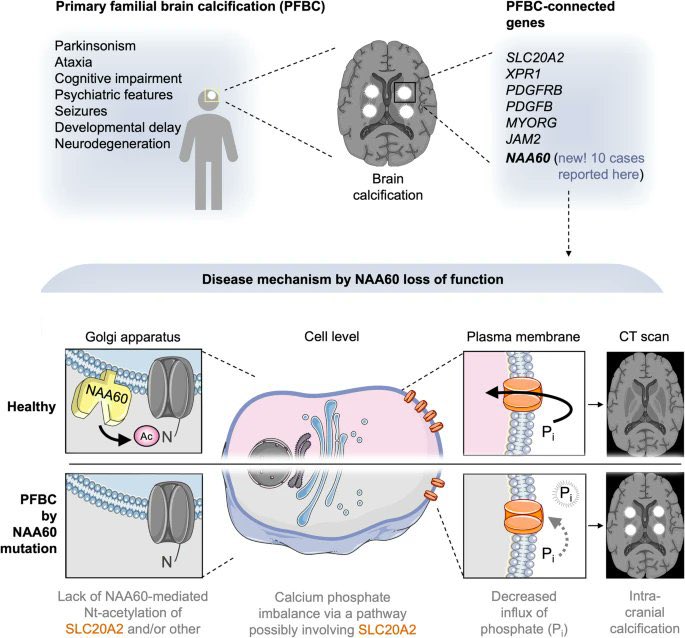

Excited to share this labour of love, now out in Brain: 'The clinical and genetic spectrum of GPI anchor deficiency disorders'.
🔗 bit.ly/gpi-anchor
Thank you Stephanie Efthymiou, PhD AFHEA🇨🇾🇬🇧 The Neurogenetics Lab ION and many, many others for this incredible collaboration!
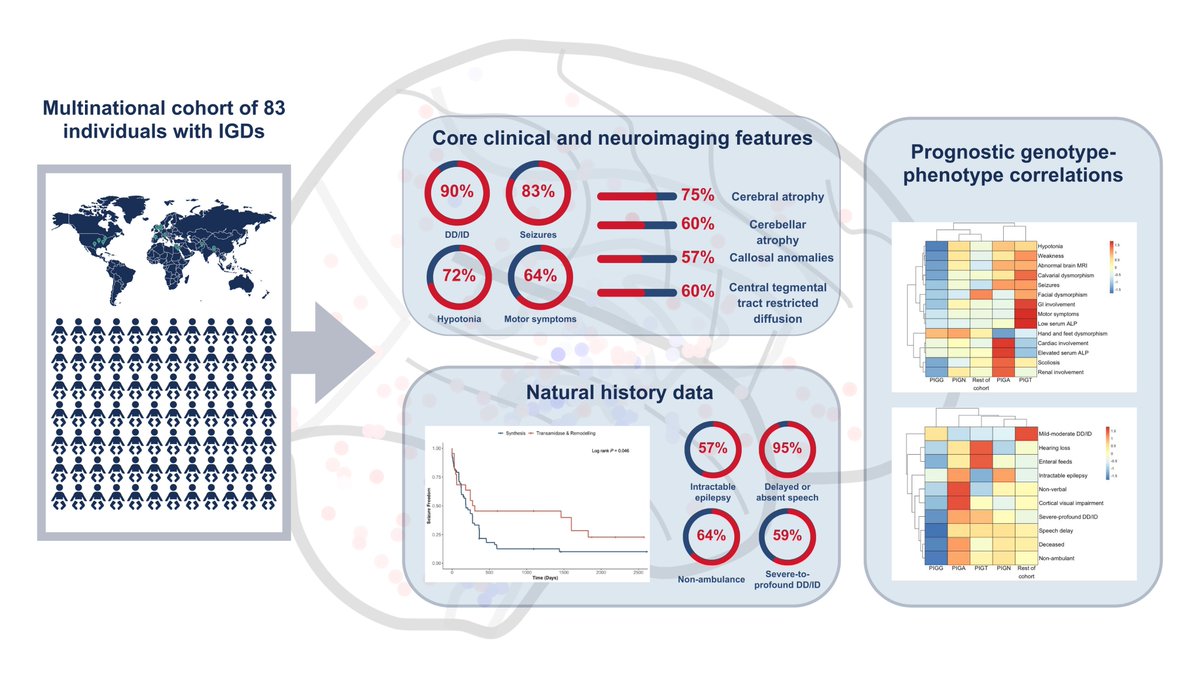

Catch up with the outstanding presentations at the MSA Research Symposium 2024, co-hosted with MSA Trust and led by Viorica Chelban The Neurogenetics Lab ION ucl.ac.uk/ion/news/2024/…
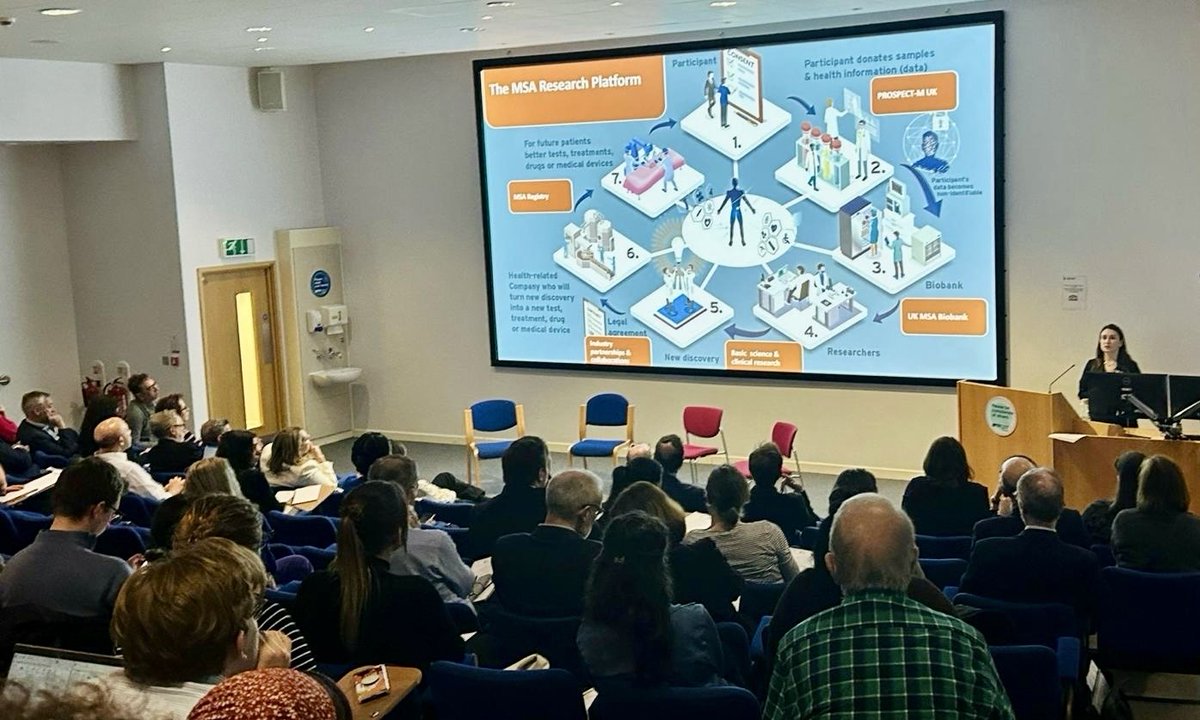
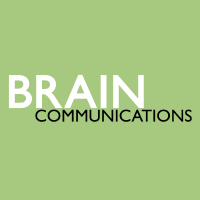

Congratulations to our lab member, Valentina Galassi Deforie for successfully completing her PhD viva yesterday! 🎉 Many thanks to Professor Stephen Tucker and Dr Amy McTague for examining. Valentina Galassi Deforie Stephen J. Tucker amy mctague UCL Queen Square Institute of Neurology UCL Brain Sciences
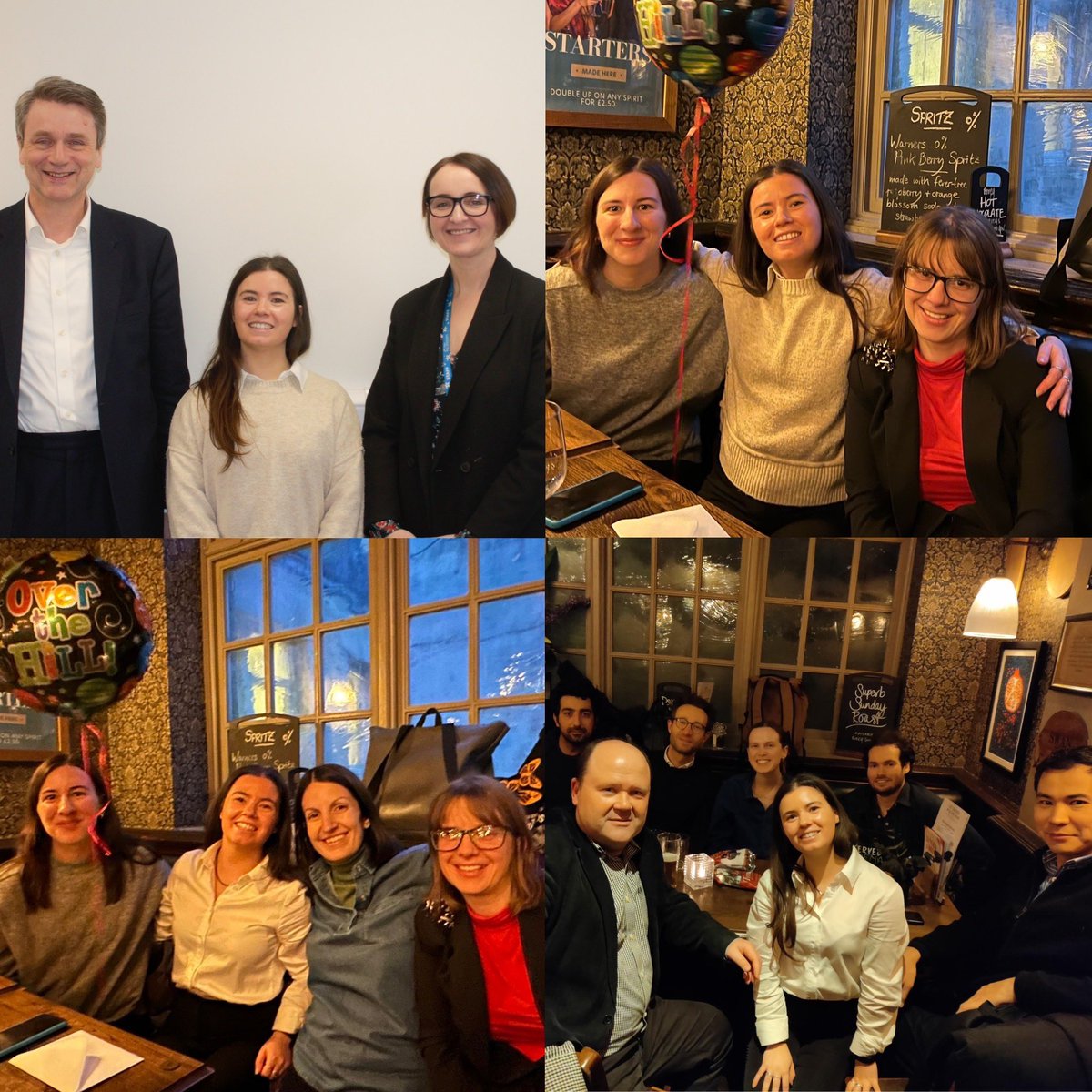

Dr Reza Maroofian is a geneticist who researches challenging paediatric neurological disorders within the The Neurogenetics Lab ION lab at UCL Queen Square Institute of Neurology.
He explains why rare disease research is 'an unexplored landscape full of untapped potential'➡️ bit.ly/4bViRp6
#RareDiseaseDay
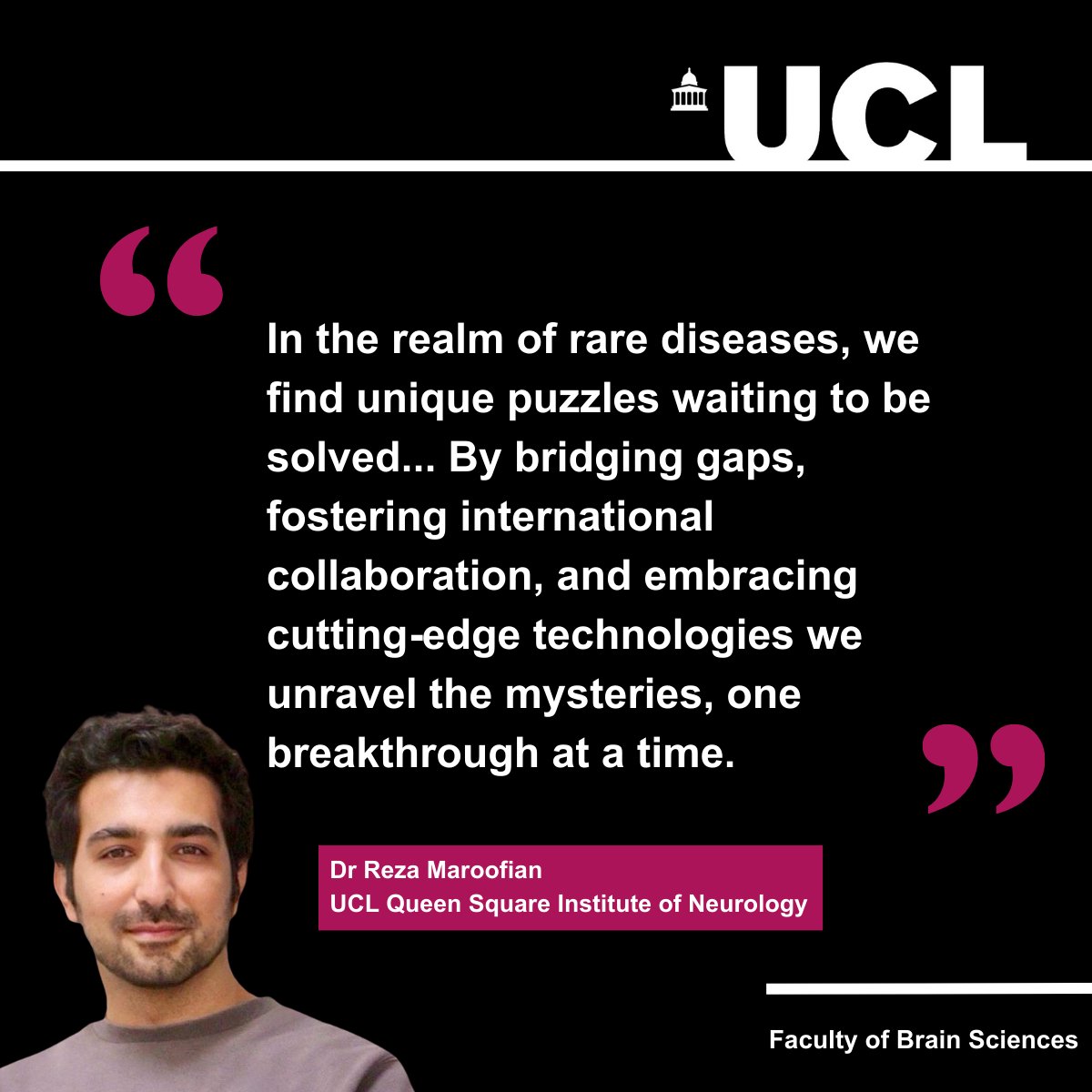

Prof Henry Houlden leads the The Neurogenetics Lab ION lab at UCL Queen Square Institute of Neurology and plays a key role on the Genomics England board for rare diseases as part of the 100,000 Genomes Project.
He explains what attracted him to research rare diseases ➡️ bit.ly/4bT6CJM
#RareDiseaseDay
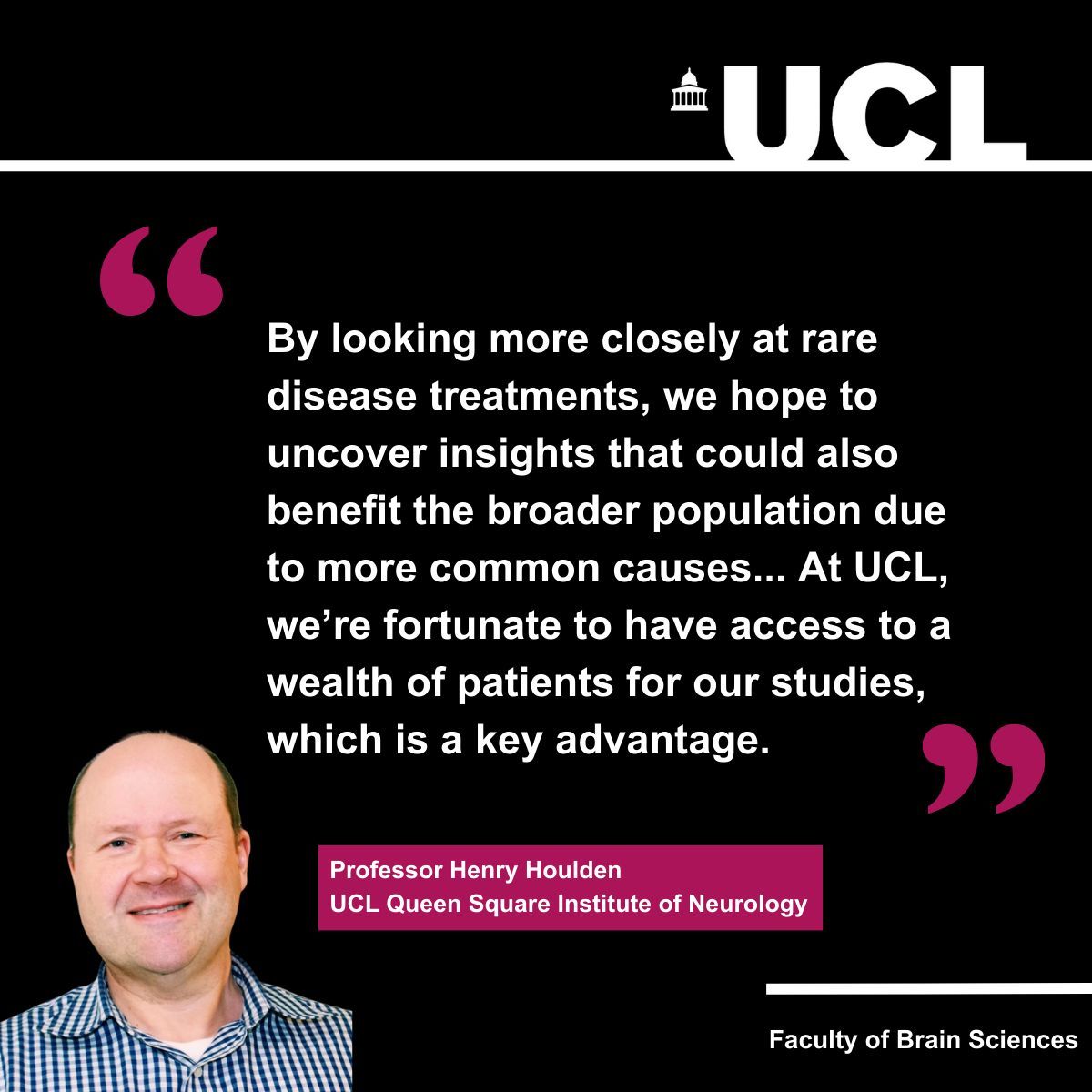

Dr Viorica Chelban specialises in translational work in #neurodegeneration and rare diseases within the The Neurogenetics Lab ION lab at UCL Queen Square Institute of Neurology.
She explains what attracted her to research rare diseases and why international collaboration is key ➡️ bit.ly/3wJ2c7Z
#RareDiseaseDay
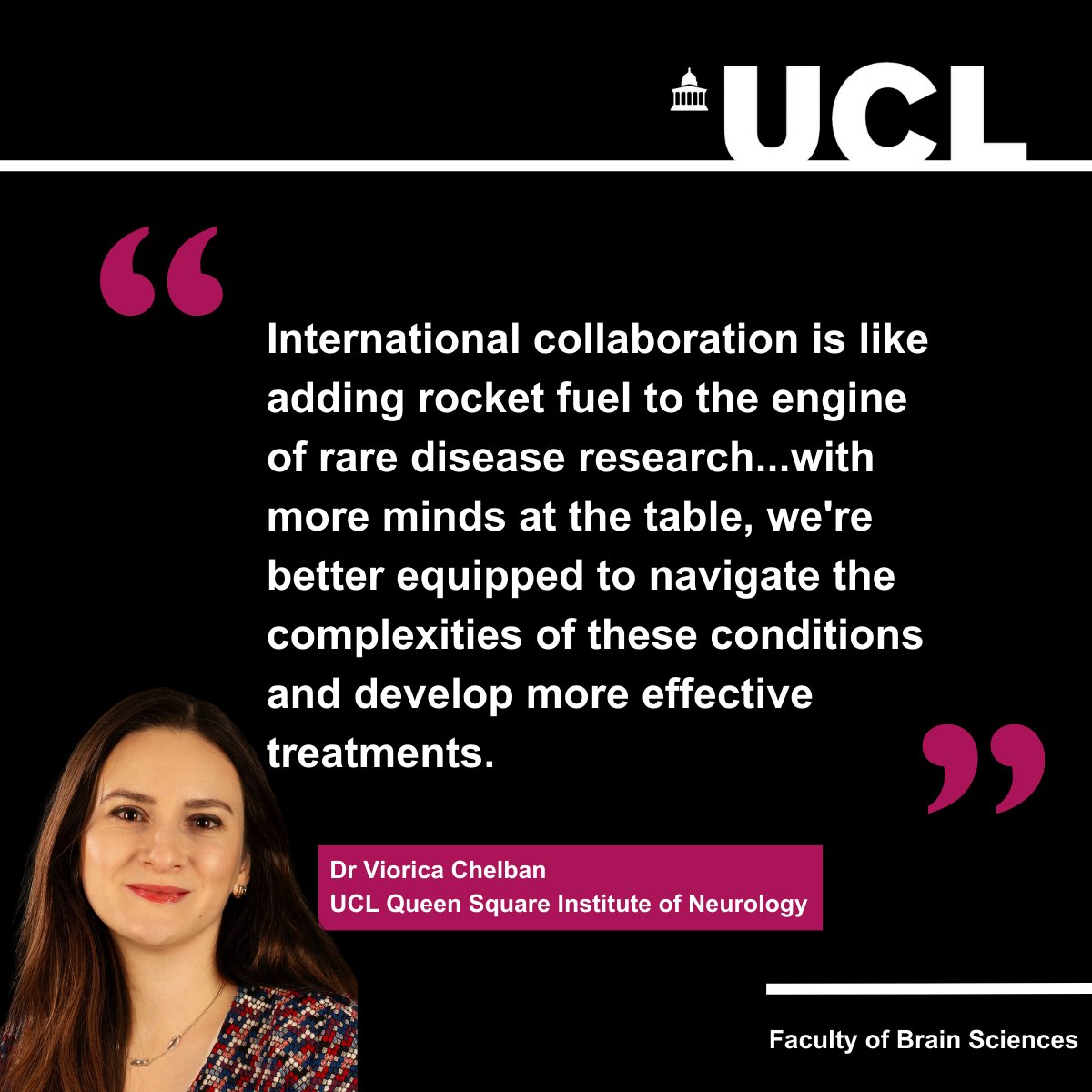

TY @UCIoN & @MSATrust for hosting the #MSAResearchSymposium Reflecting on his attendance TBPH CEO Rick Winningham shared “Excitement around CYPRESS is undeniable…We’ll continue to move forward in our pursuit of delivering a potential life-altering therapy to MSA patients w/ nOH”
